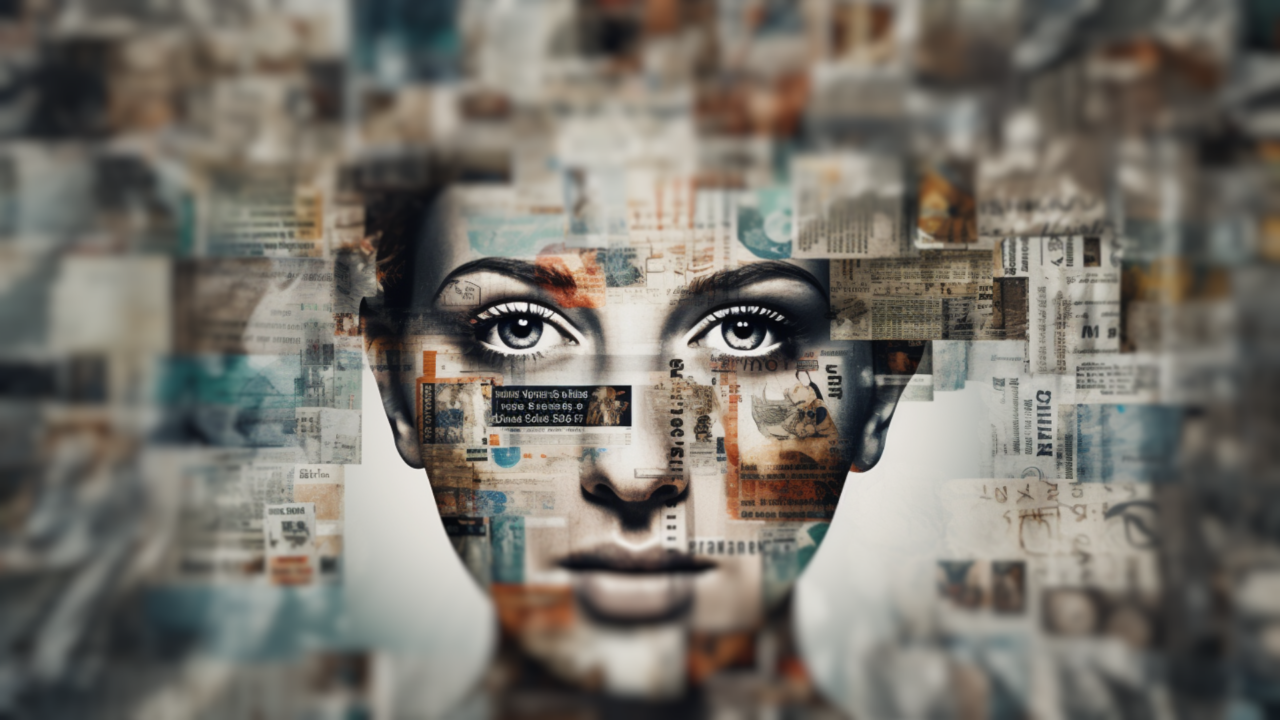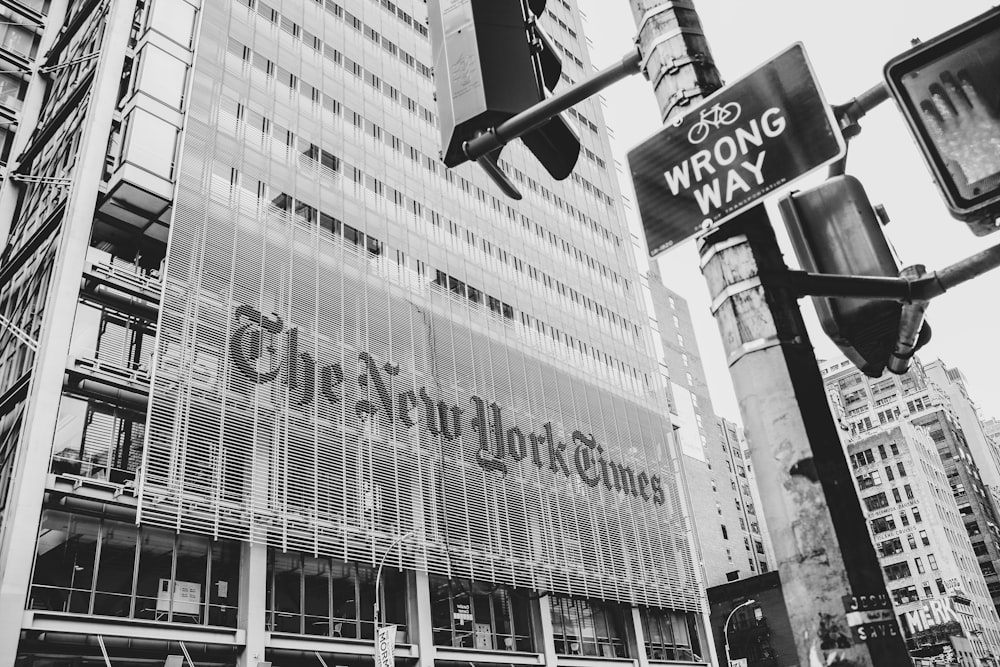The New York Times recently updated its terms of service to prohibit AI companies from scraping its articles and images. OpenAI, meanwhile, has allegedly continued to exploit the newspaper’s content igniting reports of a potentially industry-altering lawsuit.
The grossly unregulated world of AI could soon be shaken up drastically, if reports are to be believed.
Just weeks after the New York Times made the bold decision to preclude AI companies from scraping its articles and images, OpenAI’s flagship generative AI platform, ChatGPT, is already in the newspaper’s cross-hairs for a potential lawsuit.
NPC claims to have an inside scoop that NYT lawyers are mulling over whether or not to bring the Microsoft-owned company to court, potentially setting up the most high-profile legal tussle since the mainstream breakout of AI.
The grounds for this challenge would technically fall under ‘copyright,’ in that NYT’s intellectual property has been used to train AI models without explicit consent – and more importantly, payment.

Several meetings between the two parties are said to have become ‘contentious’ with neither succumbing to the others’ terms. Experts even speculate that OpenAI could lose its dataset and be slapped with fines up to $150,000 for every piece of infringing content, should it come to that.



















